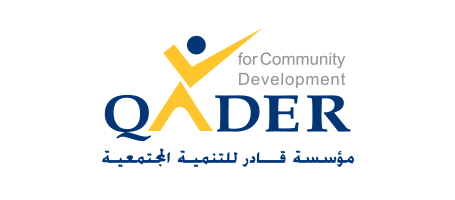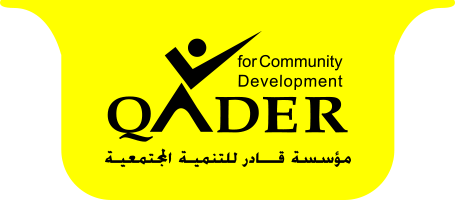QADER participates in a specialized training about CRPD

QADER for Community Development recently participated in a specialized training session on the Convention on the Rights of Persons with Disabilities (CRPD), conducted by the Al-Haq Center for International Law. The two-day training included 30 participants from Palestinian human rights organizations advocating for the rights of persons with disabilities, as well as trainees from the disabled community.
The sessions provided an interactive and detailed overview of the rights protected in the CRPD, highlighting the convention's comprehensiveness and depth compared to other international human rights treaties. Discussions explored the evolving concept of disability, its dynamic interactions within the framework of creating an enabling environment, and its connection to human diversity and dignity.
The training addressed international classifications of functionality, disability, and health as outlined by the CRPD and the World Health Organization (WHO). It also discussed Palestine's obligations to ensure and promote the full realization of human rights for all, without discrimination based on disability. This includes legislative and non-legislative measures and the critical role of persons with disabilities in this process as emphasized by the CRPD.
Key concepts of the convention—such as equality and non-discrimination, accessibility, reasonable accommodations, special measures, and procedural accommodations—were thoroughly reviewed. Practical approaches to understanding civil, political, economic, social, and cultural rights were discussed considering the CRPD’s preparatory work, the general comments of the relevant UN committee, and best practices. The training emphasized a rights-based approach to disability in legislative, policy, and practical frameworks.
The sessions also critically examined the Palestinian Basic Law’s perspective on the rights of persons with disabilities, along with a review of the 1999 Persons with Disabilities Law, its 2004 executive regulations, and related executive authority decisions. Judicial rulings on disability rights were analyzed, complemented by real-life case studies and practical examples.
This training is part of the Tamkeen project, supported by the European Union, which aims to enhance the capacity of Palestinian human rights and civil society organizations regarding international human rights treaties ratified by Palestine without reservations. The project spans three years and includes a series of training sessions on the rights protected under international treaties, mechanisms for protection and enforcement, and practical applications at legislative and policy levels. It also focuses on monitoring and documenting human rights violations in line with UN standards and drafting treaty reports, particularly parallel reports prepared by civil society organizations to assess state compliance with treaty obligations.

